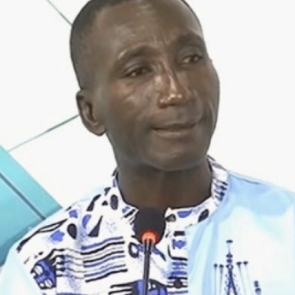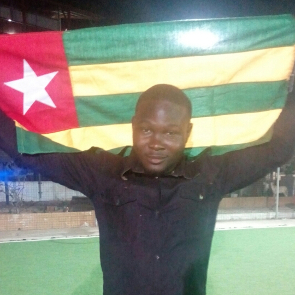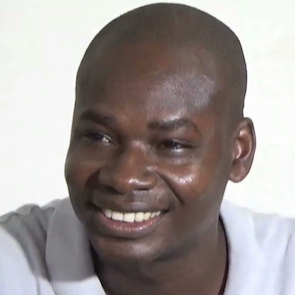#Togo
#Togo
In February 2020, incumbent president Faure Gnassingbé was re-elected for his fourth term, after constitutional amendments in May 2019 changed the electoral system, allowing him to run for two more terms and providing him with immunity for life “for acts committed during presidential terms.” Since 2012, collaboration between civil society actors and government institutions has improved as a result of the existence of formal channels through which civil society actors can engage the government and particularly due to the initiative to have civil society actors represented in the committees in charge of the implementation of various sectoral government policies. Nevertheless, there are still a number of obstacles undermining the ability of human rights defenders in Togo to carry out their legitimate work without fear for their safety.
The authorities continue to repress dissent by curtailing freedom of expression and attacking journalists, human rights defenders and political activists, particularly those perceived to undermine the interests of members of the government or the security forces. Togolese authorities have in certain instances failed to deliver registration certificates to organisations who are perceived to be critical of governmental policy. The government has arrested community and opposition leaders for expressing dissent, while media outlets have been closed by authorities and self-censorship by journalist remains pervasive. In December 2018, the National Assembly adopted a cybersecurity law that criminalizes the dissemination of false information and the production and sharing of data that undermine “order, public security, or breach human dignity”.
The human rights situation in Togo has been deteriorating since the eruption of pro-democracy protests in August 2017 across Togo, in neighbouring countries, Europe and the USA by the Togolese diaspora. This has resulted in human rights defenders promoting democracy and organizing peaceful protests being targeted with arrest, detention and trumped-up charges. The demonstrations were repressed with violence and human right defenders were arrested and detained for exercising their freedoms of expression and demonstration. All street protests were banned during the December 2019 electoral period.
Human rights defenders and journalists are working under extreme pressure. They are regularly subject to intimidation, arrests and judicial harassment for exposing rights violations. Togo has no human rights protection law despite the calls and efforts made by civil society organizations to strengthen the civic space in the country.
Human rights defenders working on LGBTI+ and sex workers’ rights are facing exacerbated risks, with the penalisation of same-sex sexual activity with up to three years imprisonment. Defenders working on these issues receive threats and are discriminated by other human rights organizations who refuse to work or engage with them. They usually register their organizations as health aid NGOs in order to be able to work in Togo.





